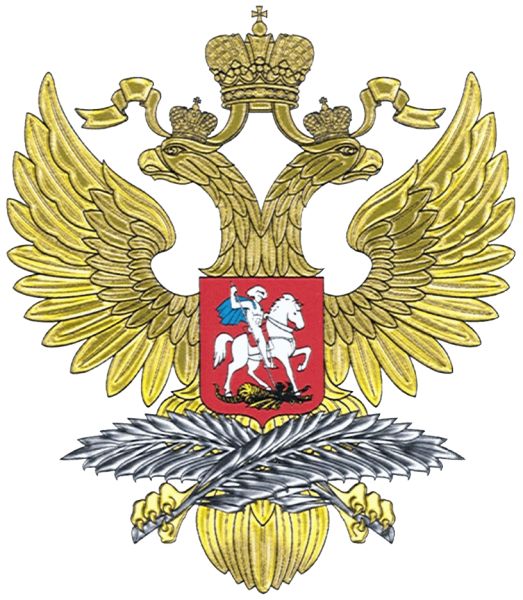Russia has been making efforts to set up constructive interaction between parties of the conflict since the very beginning of the renewal of the Pridnestrovie peace process in September 2011. The tactics of “small steps”, which was selected by all the parties and supported by the Permanent Council on Political Issues within the Framework of Negotiation Process on the Pridnestrovian Settlement (5+2 format) fully justifies itself. We should keep contributing to the joint resolution of specific problems in social, economic and humanitarian areas, which are directly related to the population of the region on both sides of Dniester, by their political representatives and profile work groups.
Thanks to Russia's decisive role in 1992, the bloodshed on the Dniester was stopped. Russia actively participates in the joint peace-keeping operation, guaranteeing the non-renewal of armed confrontation and security of civilians in the conflict area. The preservation of the current working format of the peace-keeping operation until political agreement is reachED, is the key to peace and stability in the region.
Ukraine is also a guarantor in this negotiation process along with Russia. We expect that Ukraine will properly perform its obligations and, jointly with Russia, make a weighty contribution to the search of a viable resolution of the Pridnestrovian conflict in a peaceful way.
We expect the active assistance of Serbia and Switzerland, who chair the OSCE, as well as the unprejudiced position of the United States and the EU, observers in the 5+2 format. Unfortunately, the latter is not always evident.
Thus, on 9-10 April 2014, the Deputy Secretary of State, Victoria Nuland, during hearings in the US Congress, made some statements which will hardly contribute to progress at these negotiations. Regarding the use of the term “separatism” in relation to Pridnestrovians, the United States as participants of the 5+2 format should remember that there are two parties in the context of this settlement, these being Moldavia and Pridnestrovie. The United States should also be aware the statement that “the best antidote from separatism” is close cooperation with the EU, will not contribute to the search for outcomes in this negotiation process.
Now that Moldova ,although it did this with a delay, has implemented the obligation it undertook in the international format to cancel the discriminatory import excise duty on raw materials brought to Pridnestrovie, there is the possibility to reconvene the postponed round of 5+2 negotiations.
We still believe that a viable and long-term resolution of the Pridnestrovian problem can only be found through patient political negotiations and practical decisions.
Originally published: http://www.mid.ru/brp_4.nsf/newsline/3F00B5631B72CA9B44257CBA003E69C1








